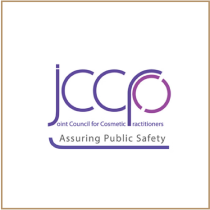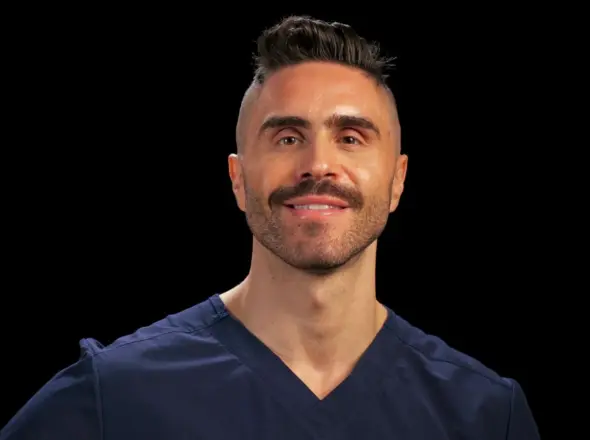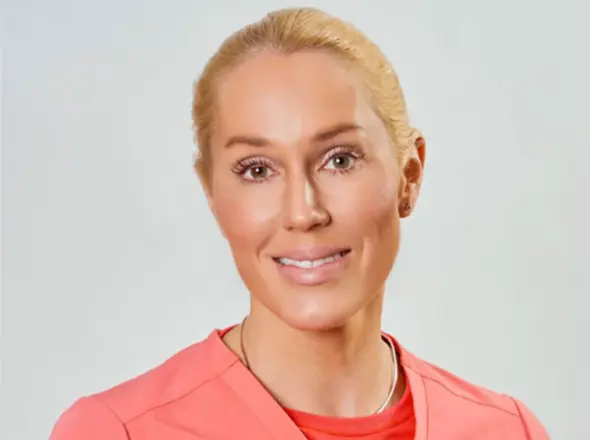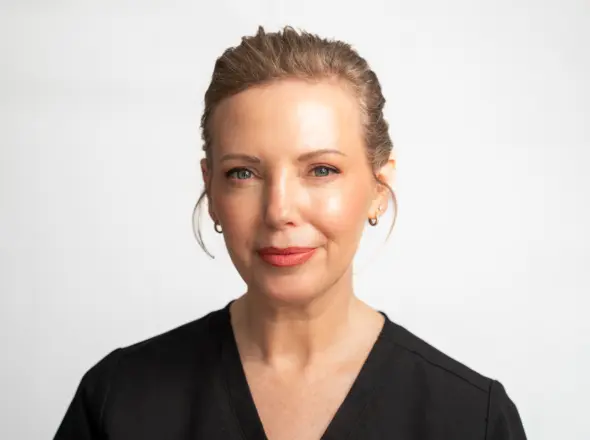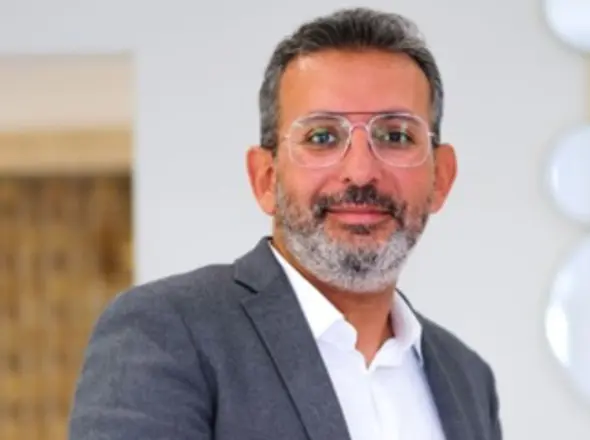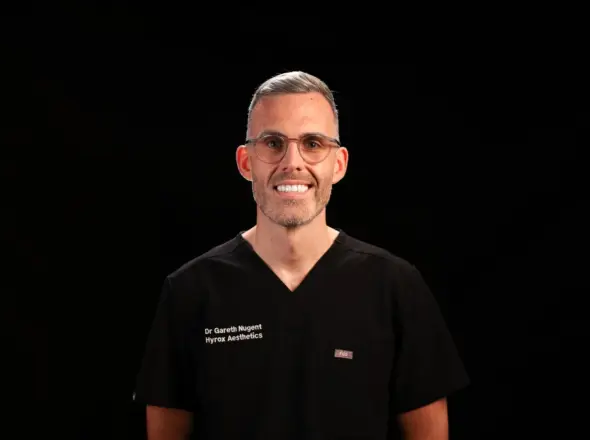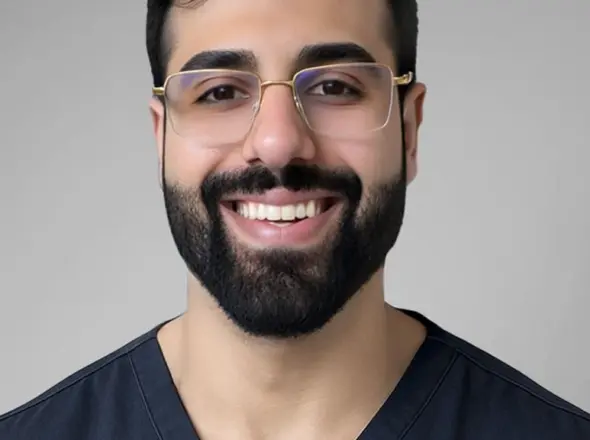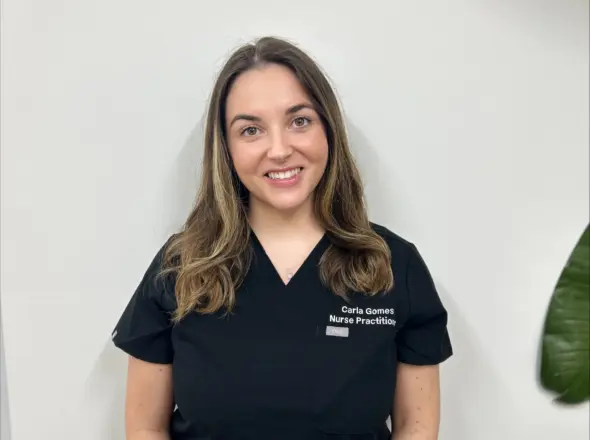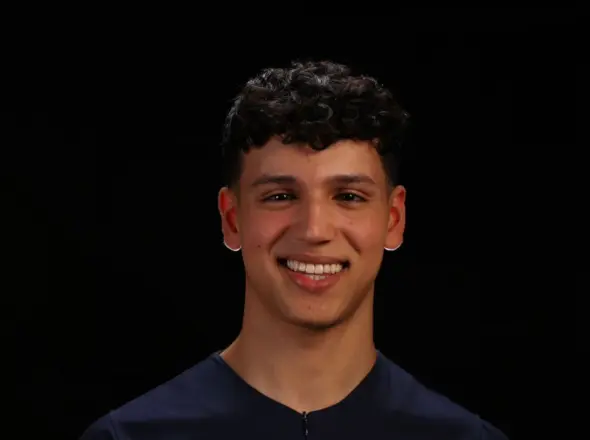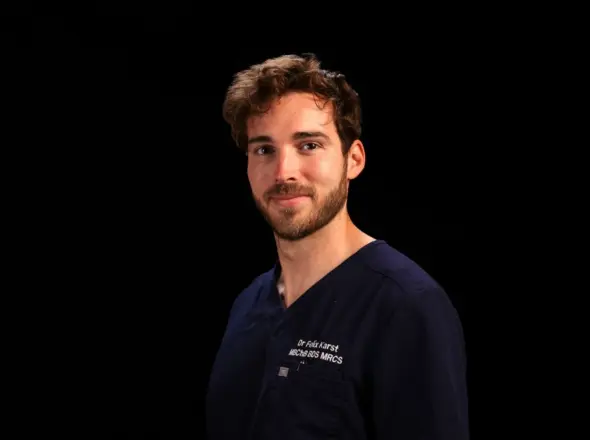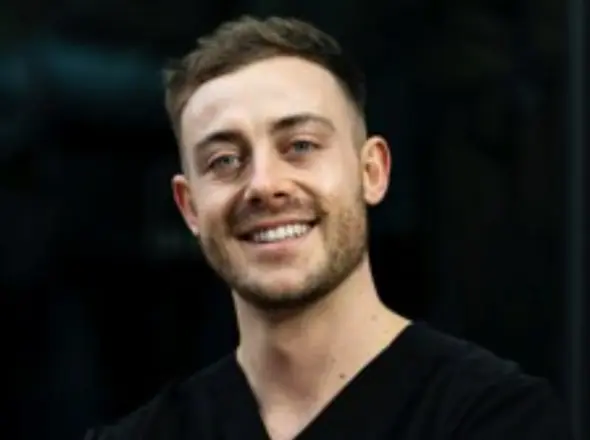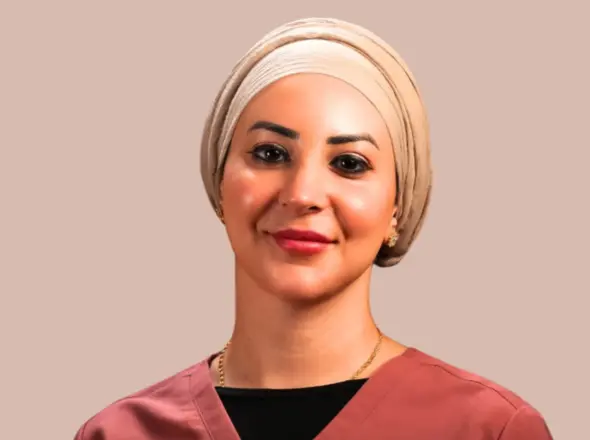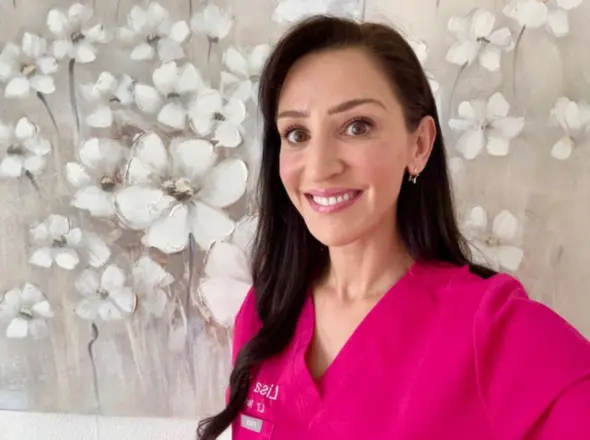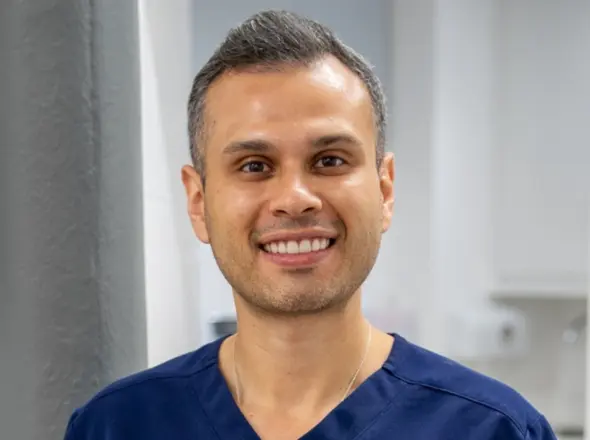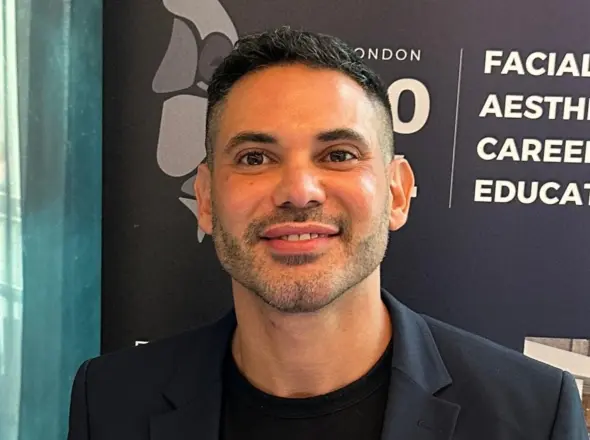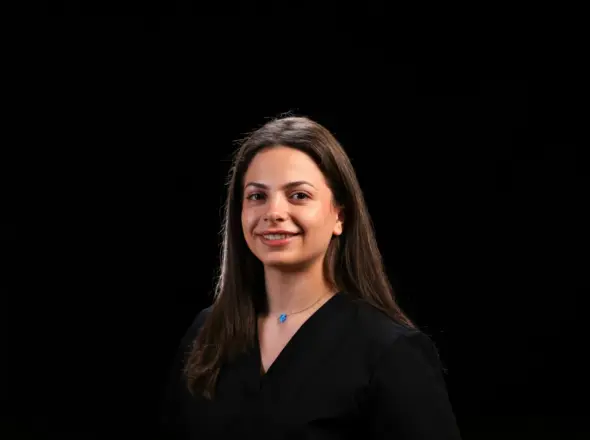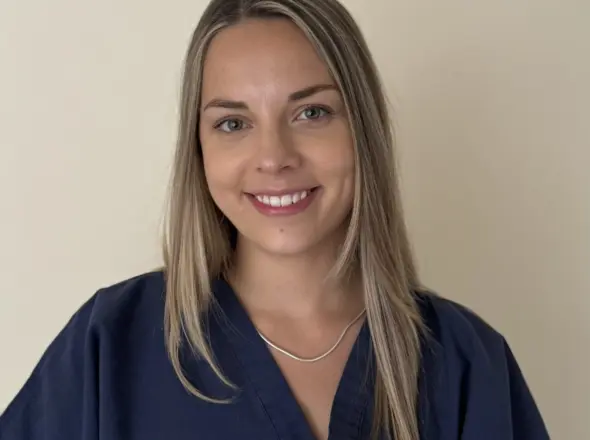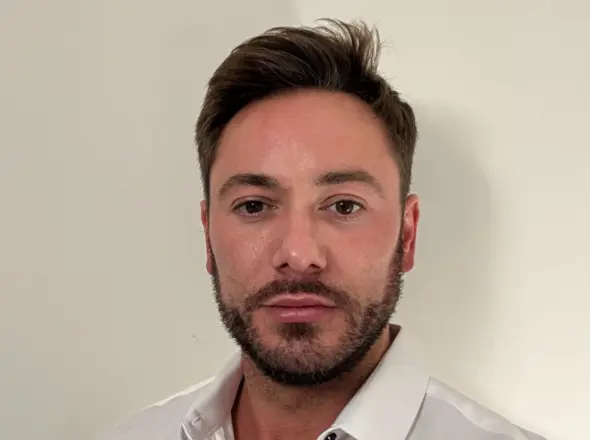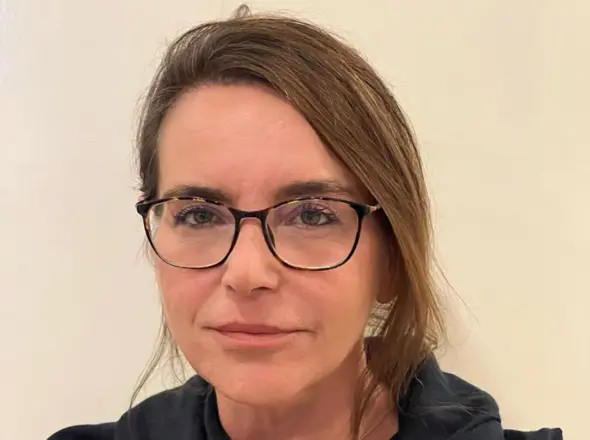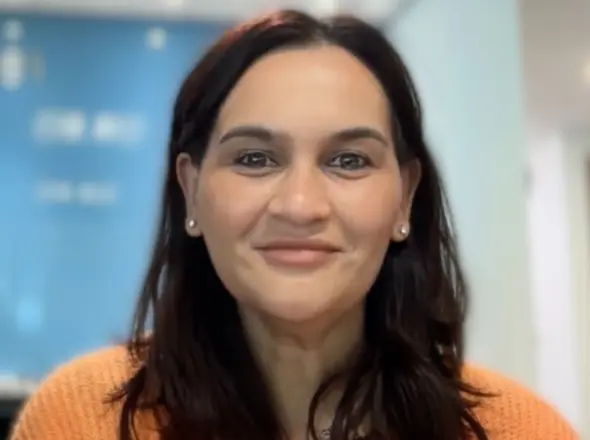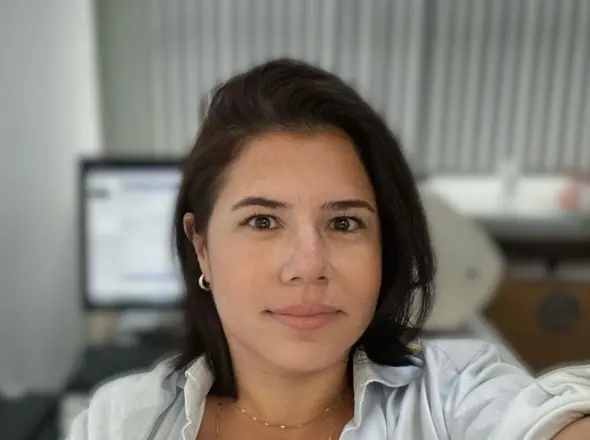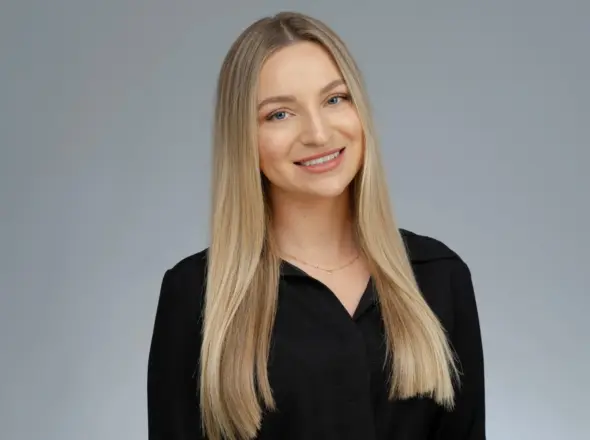Aesthetic Medicine Mentorship Programmes
Interface Aesthetics created two injector mentorship programmes:
- Entry-Level Mentorship (JTMS scheme)
- Advanced and Leadership Mentorship (Epiphany)
Mr James Olding has created a global network of passionate educators, researchers, thought leaders and entrepreneurs to provide the most robust mentorship framework in the aesthetics sector. Mentorship is a continuous process that flourishes through organic, real-world collaboration. Crucially, mentorship must have genuine and verifiable expertise at its core, made accessible to the next generation of leaders through a multidisciplinary approach that draws on international collaboration.
The JCCP accreditation represents the highest standard of quality assured training available, but also provides future-proofed qualifications that will meet the requirements of new regulations in aesthetics training over the coming years.
Aesthetic Medicine Mentorship Programmes
Secure your spot now and start your journey to aesthetic excellence.
Price
£299 + VAT
Buy NowEntry-Level Mentorship
The JTMS is a pioneer mentorship scheme designed to support undergraduate and recently graduated healthcare professionals to gain a robust grounding medical aesthetics. Now it is in its 5th year; this scheme has over 350 UK and international alumni. It consists in the JTMS Core, which provides a structured, 1-year program that incorporates Clinical Observation, Theory, Research Opportunities and Networking. Through its follow-on scheme, the JTMS Enhanced, it provides a seamless mentorship pathway into regulated, post-graduate training in aesthetic medicine.
About the Entry-Level Mentorship
A unique, first-of-kind scheme for junior health professionals, founded by Interface Aesthetics Founding Director Mr James Olding
A structured, not-for-profit 1-year core program (JTMS Core), with access to a follow-on flexible program that is free for all JTMS Core graduates (JTMS Enhanced)
Gain mentorship in research, with support to produce a poster to present at our International Conference, Interface Expo
Expert-led theoretical content
Clinical observation in an aesthetic medicine clinic
Global networking opportunities with peers and the Interface Aesthetics Global Faculty
Access to financial bursaries for postgraduate training through research and innovation prizes
The scheme provides access to high quality, evidence-based webinars throughout the year, with exclusive clinical observation days for undergraduates and junior trainees, providing a holistic mentorship experience at this early and crucial stage.
On these clinical observation days, mentees assess, mark up and observe injectable treatments on real patients. With a cumulative alumni community of over 350 health professionals, the JTMS scheme continues to grow through the synergy of enthusiastic new talent coupled with the global expertise of Interface Aesthetics’ faculty.
Upon completion of the JTMS Core program, mentees are eligible to enrol in the JTMS Enhanced. For a small number of mentees that demonstrate exceptional dedication, this provides a pathway to the EPIPHANY program.
As the lead at Interface Aesthetics, Mr Olding is regularly asked the same questions by trainees from across the key professions, and these commonly include how to train, where to get reliable information and how best to obtain ongoing support and mentorship. The lack of a clear training pathway leading to regulated and accredited qualifications (such as the VTCT Level 7 Diploma in Injectables) was a major concern that kept appearing.
Many concerns are common to doctors, dentists and nurses, and addressing these requires a joined-up approach from the undergraduate through to postgraduate stages. With this in mind, in late 2020 Mr Olding brought together the entire Interface Aesthetics team to implement the scheme for operation commencing in January 2021.
As a dual qualified doctor and dentist specialising in facial surgery in the NHS, Mr Olding has experienced first-hand the consequences of poorly regulated training and practice, seeing patients across the NHS and private practice suffering the consequences of what is effectively a regulatory vacuum.
After carrying out teaching and research with undergraduate medics and dentists, it became clear that despite concerns and hesitation among undergraduates and recently graduated health professionals, the interest in facial aesthetics was huge. Mr Olding decided to address this chasm between a desire to learn more and hesitation about how to do this through creating the JTMS.
The JTMS Core takes place on a yearly basis, with the scheme running from January to December. Mentees will be supported and mentored in 4 key areas, each fundamental to knowledge and skill acquisition in clinical practice.
Mentees will develop skills that are highly transferrable to their clinical practice in medicine, dentistry or nursing, in addition to gaining a unique and robust insight into medical aesthetics. Monthly webinars impart core theory, while face-to-face clinical observation gives hands-on real-world experience in an aesthetic clinical setting.
Mentees will also produce research, and have the opportunity to present this at our annual international conference, Interface Expo.
Webinar Timetable for JTMS Core
Make a selection below
Facial Anatomy for injectables
- The Layers of the face
- The Upper Face
- The Mid and Lower Face
- The role of bone loss in facial aging
Products
- Dermal Filler
- Botulinum Toxin
Principles & Practice of injectables
- The Journey: From Undergrad to Injector
- Regulation & Education in the aesthetics industry
- Evidence-based practice in the aesthetics industry
- Psychological aspects of facial aesthetics
- Foundation Treatments in injectables: preparing for practice
Research
Exclusive opportunities to present research at our International Aesthetics Congress and Interface Expo, with guidance from our Junior Mentors.
Networking
- Collaborate with both Junior and Senior Mentors from the wider Interface Committee.
- Gain access to experts in aesthetics and join a growing community of future leaders in the field.
Theory
Monthly webinars and access to E-Interface, offering thousands of hours of learning materials.
Workshops
Attend face-to-face workshops, including shadowing of patient consultations and treatment, with injection technique demonstrations on models.
- The Layers of the face
- The Upper Face
- The Mid and Lower Face
- The role of bone loss in facial aging
- Dermal Filler
- Botulinum Toxin
- The Journey: From Undergrad to Injector
- Regulation & Education in the aesthetics industry
- Evidence-based practice in the aesthetics industry
- Psychological aspects of facial aesthetics
- Foundation Treatments in injectables: preparing for practice
Exclusive opportunities to present research at our International Aesthetics Congress and Interface Expo, with guidance from our Junior Mentors.
- Collaborate with both Junior and Senior Mentors from the wider Interface Committee.
- Gain access to experts in aesthetics and join a growing community of future leaders in the field.
Monthly webinars and access to E-Interface, offering thousands of hours of learning materials.
Attend face-to-face workshops, including shadowing of patient consultations and treatment, with injection technique demonstrations on models.
Eligibility
For entry into the JTMS Core program, mentees must be medical or dental students in their 3rd, 4th or 5th year, or nursing/midwifery students in their 2nd or third year.
For entry into the JTMS Enhanced program, it is mandatory to have successfully completed the JTMS Core program.
About the JTMS Enhanced Scheme
The JTMS Enhanced is the follow-on scheme of the JTMS Core. It is a flexible, free-of-charge pathway open to all alumni of the JTMS Core, with opportunities to access advanced webinars, further research opportunities and, for those mentees demonstrating exceptional dedication and ability, a pathway into our EPIPHANY program.
The JTMS Enhanced was set up in 2024 to provide ongoing mentorship and support to Core graduates, offering a seamless pathway towards postgraduate training. Given that many JTMS Core mentees join in their penultimate or final year of studies, this flexible scheme allows tailored support that can be adapted to exams, finals or placements. Most importantly, it enhances the mentorship opportunities available to mentees, especially in the fields of research.
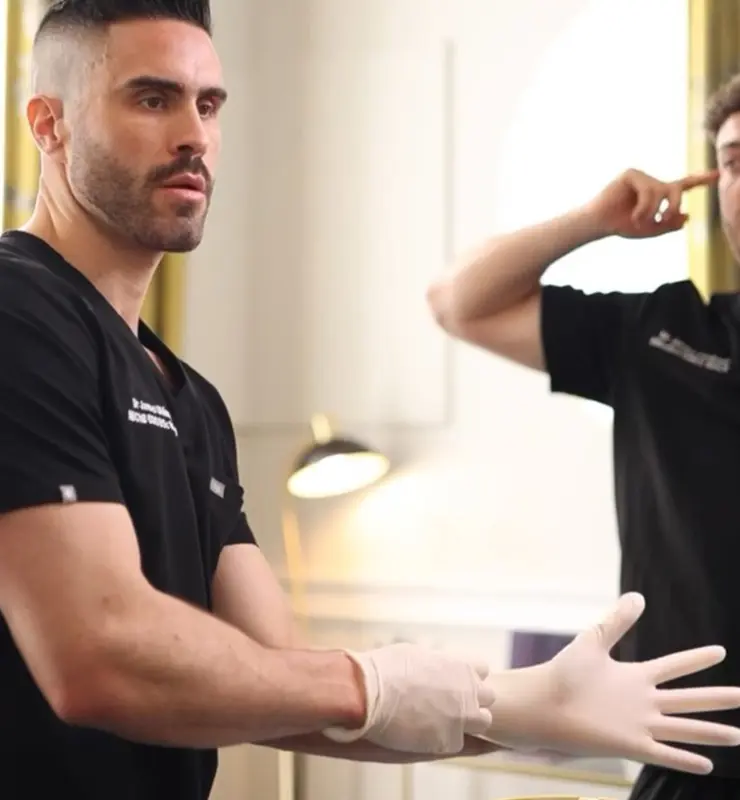
Advanced & Leadership Mentorship
Epiphany, or the Enhanced Pathway In Facial Aesthetics Competency, is a competitive-entry mentorship scheme that supports exceptional alumni from both our JTMS and Level 7 Diploma cohorts. Mentorship is tailored to the needs of the individual, with the goal of producing the leaders of tomorrow through harnessing the expertise of the leaders of today.
EPIPHANY is the latest step in the evolution of mentorship, singularly focussed on talent creation that simultaneously meets the needs of both mentees and our own organisation.
Entry to EPIPHANY is selective and competitive, with successful mentees gaining access to some of the most eminent clinicians in the field to support professional growth and provide access to opportunities. Examples of EPIPHANY mentorship range from Level 7 graduates who have been mentored to become clinical educators within Interface Aesthetics, international thought leaders mentored to elevate their onstage and public presentations in English, as well as clinicians given access to become involved in Phase 3 randomised controlled trials that Mr Olding oversees as Principal Investigator. The EPIPHANY collaborative has multiple peer-reviewed publications and scores of congress poster presentations to boast.
About EPIPHANY
Join a collaborative of global experts and thought leaders in aesthetic medicine.
Become an Epiphany Mentee, working directly under the guidance of Mr James Olding.
Access advanced mentorship towards growing your skills in clinical practice, public speaking, research and teaching.
A flexible, accelerated mentorship pathway towards leadership in teaching, clinical practice, public speaking and research.
Gain mentorship in research, with opportunities to become involved in writing publications and clinical research.
Access our Advanced Mentorship Webinar Series, which approaches topics beyond purely clinical, including entrepreneurship and innovation from inspirational speakers.
Clinical observation in an aesthetic medicine clinical settings.
Opportunities to mentor others, and build valuable teaching and leadership skills.
Present research posters at Interface Expo.
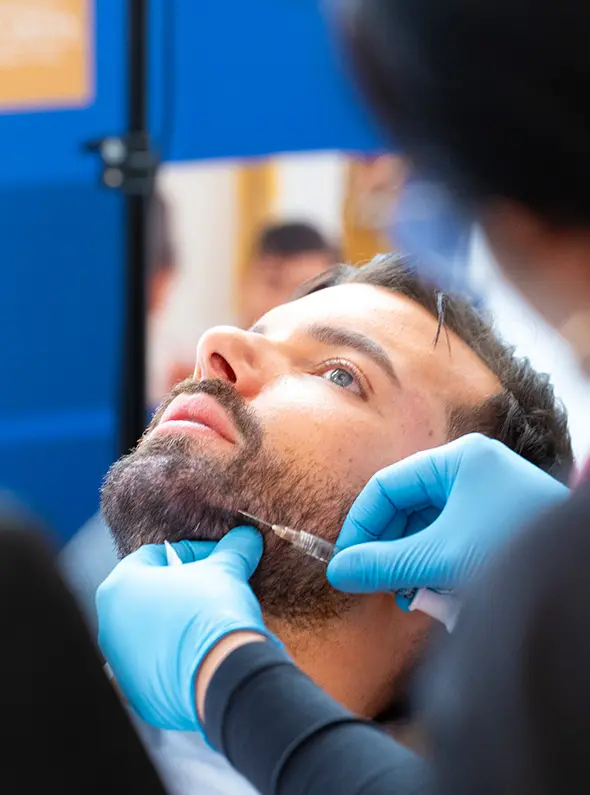
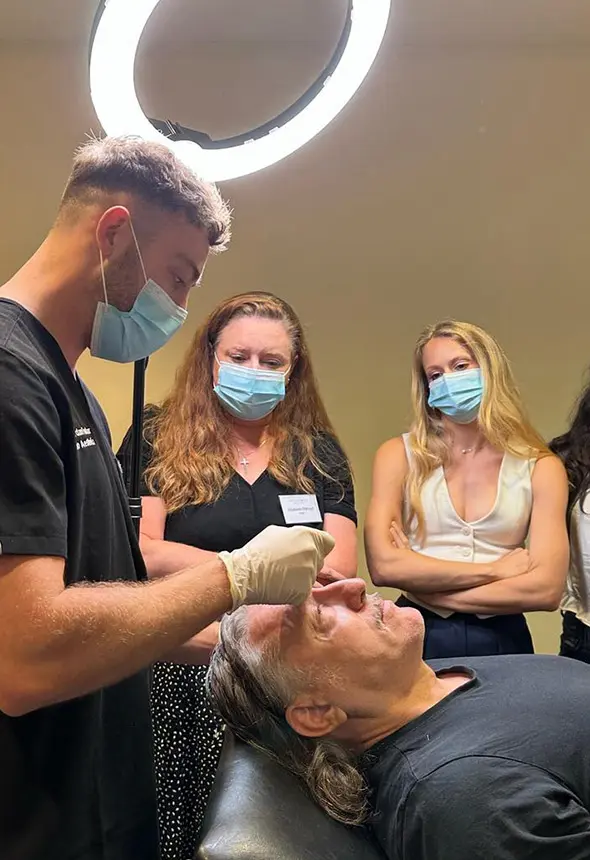
Advanced and Leadership Mentorship Overview
- Training Stage
Clinical Mentorship
Eligibility
For application to EPIPHANY, mentees must have completed the JTMS Core and be currently enrolled in the JTMS Enhanced, or be currently enrolled or have previously completed the Interface Aesthetics Level 7 Diploma.
For application to the Aesthetics Fellowship, healthcare professionals must demonstrate previous training and experience in aesthetic medicine. UK and International professionals are eligible to apply.
Online training is designed to reflect real-world practice, while detailed clinical case demonstrations support our in-person courses across our training portfolio. All Interface Aesthetics delegates gain access to this pioneer platform to support their pre- and post-course learning, while full access to all stages is available via subscription, ensuring you stay up to date via our monthly expert-led webinars and new clinical case additions.
Select a training category
The perfect blend of theory and hands-on practice, curated to ignite your passion for aesthetics.
Explore all our coursesMeet the Faculty
Our team is dedicated to guiding you on your journey to excellence.
Meet all of our teamWhat our Trainees Say
View all Google ReviewsCharley
The teaching is extremely hands-on and practical, with trainers who are not only highly knowledgeable but also genuinely patient and encouraging. A special thank you to Mr. James and Dr. Yousrah, who were my instructors, they’re both incredible teachers who take the time to explain everything clearly and make sure you feel confident every step of the way. It was also lovely that they remembered me from my previous visit!
Another huge thank you to Veronika, who handles all the organisation so seamlessly, she really makes the whole process stress-free and enjoyable.
I always look forward to coming back here. The environment is professional yet friendly, and the quality of training is second to none. Highly recommend Interface Aesthetics to any medical professional wanting to take their aesthetics skills to the next level!
From the moment the day was organised by Marcelo, everything was seamless. He made sure every detail was taken care of and that the day was completely tailored to my needs. From the very beginning I felt completely at ease! It was relaxed and welcoming and even after 1 visit I was made to feel part of the interface family
I spent the full day under 1-to-1 supervision with Dr Ahmed, focusing on profile balancing, and I honestly couldn’t have asked for a better trainer. His knowledge, precision and ability to explain the finer points of facial aesthetics were incredible. It was an incredible opportunity to talk about all aspects of aesthetic medicine outside of just injectables too. The level of attention and guidance throughout the day was exceptional - it genuinely felt like elite-level mentorship.
The follow-up from Dr James afterwards was also outstanding. He took the time to message me, answer any further questions and make sure I was supported on the day by the team. It’s rare to see that kind of ongoing commitment and care.
And a special thank you to Veronika, who was brilliant at keeping everything running smoothly behind the scenes. She was always quick to respond, even out of hours, and made the whole experience effortless.
Interface Aesthetics delivers the highest standard of training I’ve ever experienced. The professionalism, expertise and genuine passion from the whole team are on another level. I couldn’t recommend them highly enough - an absolute 5-star experience from start to finish.
I genuinely can’t wait to be back
I recently attended the Interface Aesthetics course for dermal fillers and Botox, and it was absolutely fantastic. Finding a good course was challenging despite asking friends and colleagues, as there are so many options available, especially in London. I discovered Interface Aesthetics on Google, reached out via email, and was met with the lovely Veronika Gjakova, the Sales and Marketing Administrator. She answered all my questions and provided detailed information that convinced me to enroll. I'm so glad she did, as the hands-on experience exceeded my expectations.
The hands-on day was immersive, running from 9:00 AM to 5:00 PM, and by the end, I felt exhausted but accomplished. Melissa, my trainer, was fantastic. She answered all my questions and provided invaluable support and guidance throughout the day. By the end of the course, I felt fully confident in my ability to perform the treatment techniques I had learned.
Marcelo, the General Manager, was also amazing. He introduced me to a variety of websites and support groups that will help me deepen my knowledge and learn new skills. James the owner, was incredible with his positive energy and effective teaching style. The online material was easy to navigate, making the entire experience seamless and enjoyable.
I'm now looking forward to taking more courses with them on polynucleotides and skin biostimulators. I highly recommend Interface Aesthetics to any Dentist or GP, whether early in their career or even still in university, as they offer courses for graduates as well. This experience was truly a game-changer for me!
The on-the-day training was well-organised, professional, and in a wonderful clinic. I left the session with enhanced knowledge and practical skills that I now feel fully equipped to start offering this treatment in my clinic.
The course built perfectly on the Foundation Day—consolidating existing skills and expanding my knowledge into more advanced areas, preparing me for the next stage in my aesthetic career.
Without a doubt, this was the best hands-on training day I’ve attended. The team was incredibly friendly and, even before the course began, impressively responsive and supportive (Thank you Marcello and Veronica).
The pre-course training materials were excellent and set the tone for an outstanding day of learning. Exceptional online teaching from Dr. Felix Karst and Dr. James Olding provided a strong foundation for safe and effective practice on the advanced training day.
Dr. Yasser was a calm and reassuring presence throughout—guiding me step by step and ensuring I felt fully supported and confident. Everyone has their own approach to aesthetic treatments, and there are many ways to assess and deliver them. Dr. Yasser’s method elevated my understanding and helped refine my existing techniques to a new level.
I left the course feeling more competent, empowered, and excited to continue developing my skills.
The day was packed with live models, offering plenty of opportunities to inject, ask questions, and receive expert, real-time feedback in a relaxed and supportive atmosphere.
I highly recommend this course to anyone serious about progressing in aesthetic medicine.
Now… just the Level 7 to go — with Interface Aesthetics, of course! 😊😉
I reached out to the team and was pleasantly surprised by their customer warm and friendly customer service team. They advised me of dates and availablity and then Ibooked an appointment. It's worth mentioning that Interface operate in a few locations- including London Bridge and it was this clinic that I selected.
Upon arrival, I was immediately struck by the down to earth nature of staff; whilst sitting in the waiting area I had assumed that everyone there was a patient..however discovered not long after that the gentleman having a friendly conversation with a patient was actually a staff member. This meant a lot to me as I can become anxious in overly formalised environments.
Having said that, it's important to note that the clinic is by no means sub par or unprofessional..there's a fine line and the staff whilst being easy to speak to, remained highly knowledgeable and professional.
Shortly after, Dr Youssra introduced herself. I was surprised at just how calm her nature was. I'm a believer in energies and auras. All I can describe hers as, is trustworthy. You just 'know' you're in good hands. She made me feel very welcome before discussing in detail my areas of concern and what she thought we would start off with. She asked me of my thoughts which shows respect for customers wishes. Perhaps the biggest surprise was that she was not trying/forcefully selling me additional treatments. When I was having the procedure, she explained exactly what she was doing and what this would achieve. But what surprised me, was when she advised that I have a look at the result and consider whether I still wanted the additional procedure. When I looked in the mirror, it was evident that I didn't need the additional area treated. The reason for this is, that she is at the top of her game- she meticulouslyexamines where filler needs to be placed for perfect harmony. However, confession, she could have *very easily* convinced me otherwise and I would have spent more. To me, her not forcing me to spend additional amounts, is a testament to how seriously she takes her craft- and my goodness she knows her craft.It also affirms how important her customers are. You're a person and she makes sure she respects the face you've trusted her with. Because she is exceptional at what she does, I paid less for a far better result (as previously said, she knows where to place filler meticulously, which impacts other muscles.)
Since returning, everyone I have encountered has commented on how great I look- and they can't quite put their finger on it- which is what I wanted. She understood this and did exactly what worked for my face.
Dr Youssra, is not merely a professional at the top of her gane, but also an artist, who has mastered her craft..who knows exactly what to do to enhance one's features..I don't look like a replacement, or as though my face is about to explode, but rather, a refined version of myself. Honestly, could not be more grateful for finding such a fantastic team.
Get yourself booked in. You won't regret it. I cannot wait to return.
Need more help finding the right training for you?
Book a call today, we will be able to answer all your questions and recommend the best course based on your individual needs.
